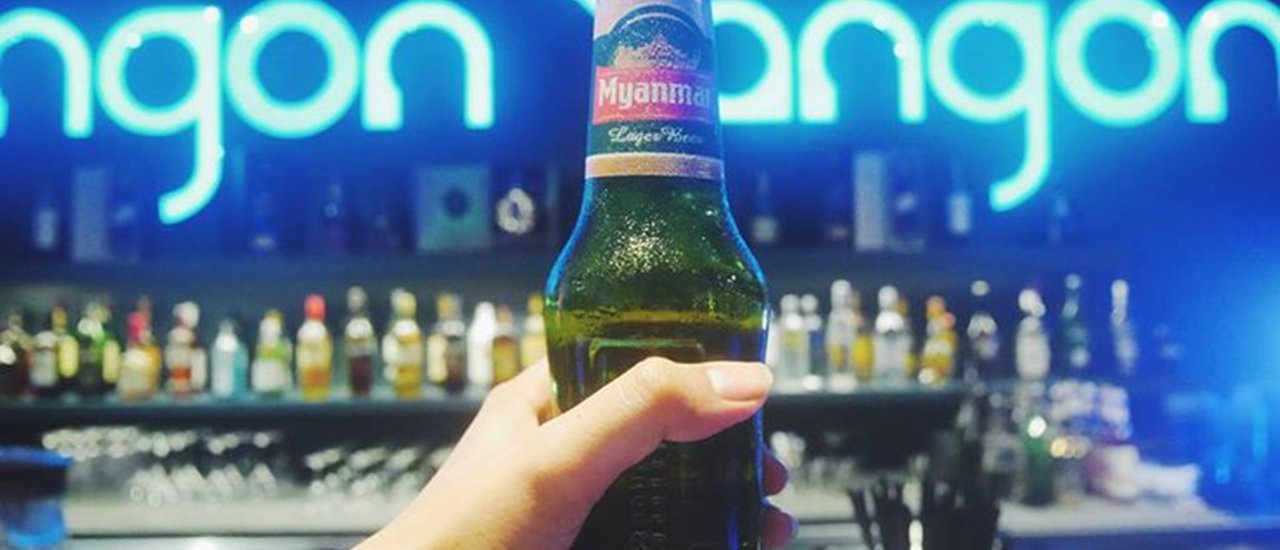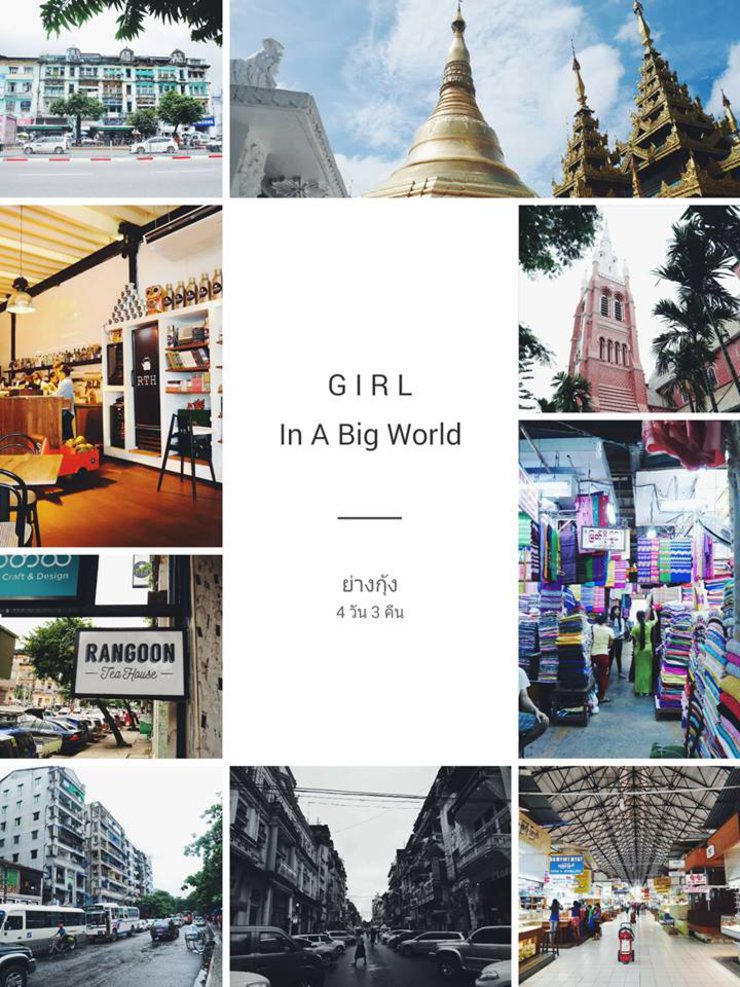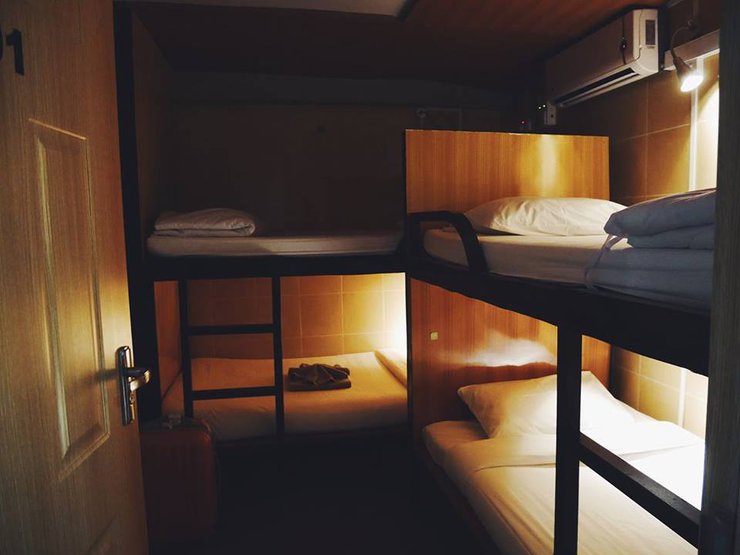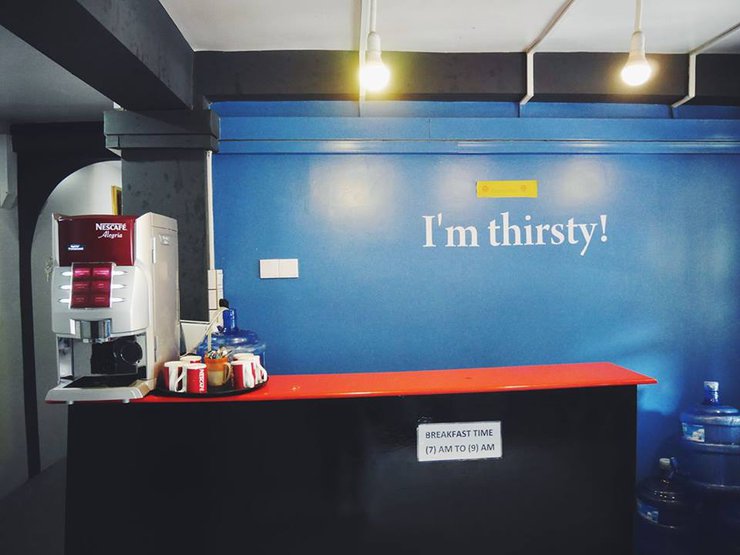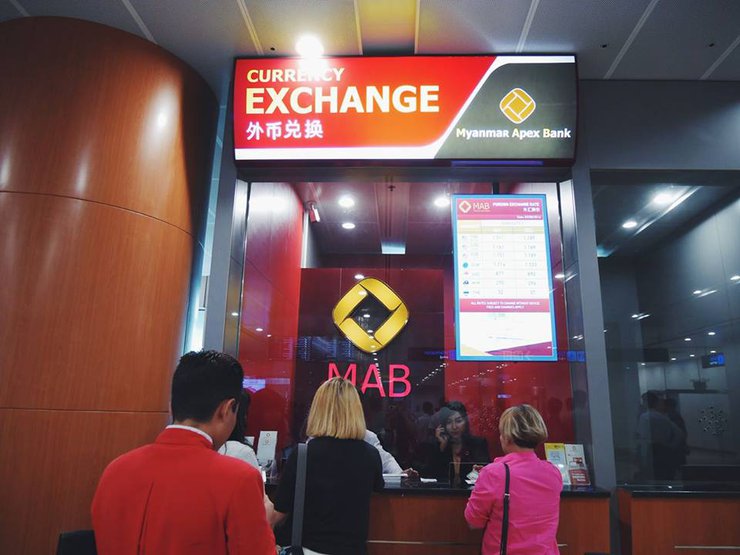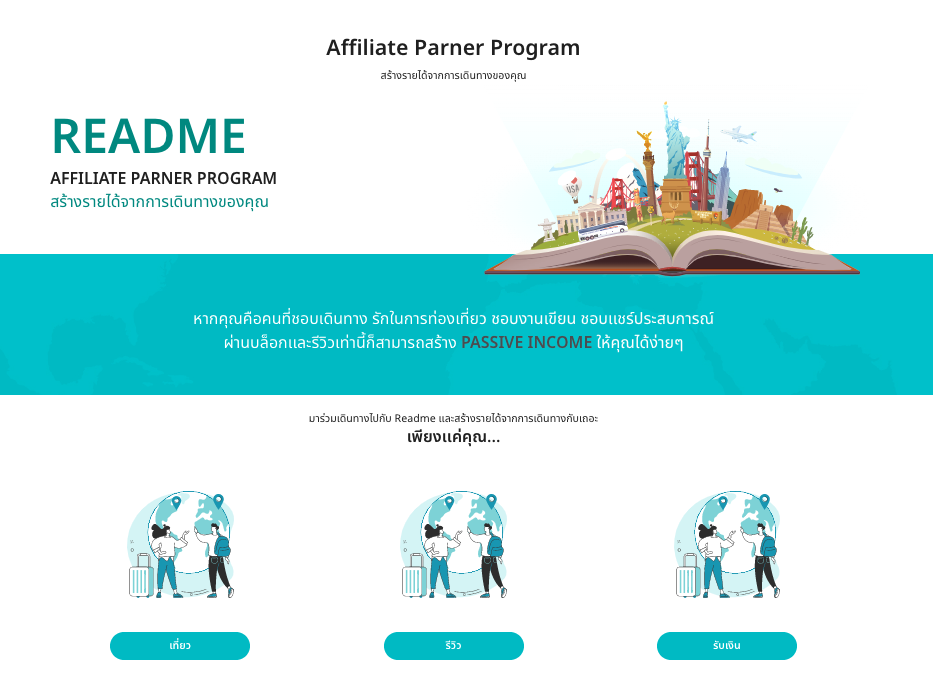When mentioning "Yangon", everyone will think of the Shwedagon Pagoda first, which is a place that if you visit Yangon and don't go there, it's like you haven't been there at all.
While Yangon is renowned for its temples, it also boasts European-inspired architecture, historic buildings, and a vibrant street photography scene, making it an ideal destination for photography enthusiasts.
For this trip, we went for 4 days and 3 nights. The total cost was only 4,641 baht.
Is there anything else I can help you with?
[Spoiler] Click to reveal hidden text.
Link to Facebook page: Little Girl in a Big World 2

We flew with Thai Lion Air, round-trip tickets for only 1,090 baht (booked through Jetradar website).
As the plane approaches Yangon, the beautiful flight attendants will distribute arrival cards for us to fill out.

After clearing immigration and collecting your luggage, you will find the MAB (Myanmar Apex Bank) right outside. This is where you can exchange your currency.
It is recommended to exchange Thai Baht for US Dollars first, and then exchange the dollars for Kyat here.

We exchanged 200 USD from Thailand because we were afraid that it would not be enough. However, while we were waiting in line to exchange money, we noticed that other people were only exchanging 50-100 USD.
We exchanged 100 USD for 115,800 kip. 1,000 kip is equivalent to 32 baht.

After exchanging money, we prepared to find a taxi to the city. Our friend told us that if we hailed a taxi outside, the price would not exceed 6,000 kip. However, due to the rain, we used the Airport Taxi Service, which cost 8,000 kip.

We stayed at a hostel called Space Boutique Hostel for 3 nights in a 4-bed female dorm for 850.74 baht, including breakfast, which comes out to only 284 baht per night.
Breakfast will consist of a simple meal of two slices of bread, one fried egg, and one banana.

The accommodation was relatively clean. The manager and staff were very friendly and helpful, offering guidance and information at the counter.

One of the best things about the hostel we stayed at was the free water, coffee, and hot chocolate available all day long.

After checking in at the hostel, we purchased a SIM card with an internet package from Ooredoo for 5,500 baht. The package includes 1,000 baht of call credit and 550 MB of internet data.

With the internet on our mobile phones, we no longer have to worry about getting lost. Let's explore the city of Yangon!
After purchasing a SIM card, we walked to the Sule Pagoda, a centrally located pagoda predating the Shwedagon Pagoda by approximately 2,500 years.
The entrance fee is 3,000 baht, and the shoe deposit is at your discretion. We didn't have any change, so we donated 1,000 baht to the donation box.
Shoes and socks are prohibited in this temple. Visitors must enter barefoot.
Is there anything else I can help you with?

After leaving Sule Pagoda, we hailed a taxi to Shwedagon Pagoda for 2,000 kyats.
After a 15-minute drive, we arrived at the Shwedagon Pagoda. The entrance fee was 8,000 kyats, and as usual, we had to leave our shoes at the entrance.

The price for shoe storage was supposed to be a donation, but the attendant saw us as tourists and demanded 3,000 baht when we offered 200 baht. We questioned the high price, but the other attendant also insisted on 3,000 baht, leaving us confused and forced to pay the inflated price.

After admiring the beauty of the Shwedagon Pagoda, we walked to the market to find something to eat.
I came across a small roadside noodle shop.

A dish ordered for 500 kip, resembling Thai rice noodles but with a slightly greasy taste.

After walking almost to the end of the street, I saw a three-wheeled vehicle parked there. I decided to try it out and took a ride from the market near Shwedagon Pagoda to Kandawgyi Lake for 1,000 kyats.
Is there anything else I can help you with?

We have arrived at Kandawgyi Lake, a picturesque lake with a bridge stretching as far as the eye can see.

An elderly woman was selling them on the bridge, so I bought one for 500 baht. The taste was peculiar, a bit sweet and slightly sour.

After a short walk around the lake, it began to rain, so I called a taxi back to the hostel for 2,500 baht.
For dinner tonight, we had KFC, which cost 2,500 baht. I forgot to take a picture, haha. It was getting late, but I wasn't sleepy yet, so I went to the Sakura Tower on the 20th floor to see the view from above. I could see the Shwedagon Pagoda in the distance.
This is a night City View of Yangon from the 20th floor.

On the 20th floor, there is a bar called Yangon Yangon. We wanted to try Burmese beer, so we ordered a bottle for 5,000 kyats.
This bar is considered to be quite expensive.

On the second day, we plan to take a train ride around the city on the Yangon Circular Railway, which takes approximately 3 hours.

200 baht flat rate ticket

While waiting for the train, I decided to try the fried chicken. It tasted like dry, leftover chicken. One bite and it went straight into the trash. 200 baht wasted.

This is a photo of the interior of a circular train in Yangon. It is quite old and dirty. In addition, it was raining on the day we went, making the floor and seats very wet. I was wearing a white dress and when I got up, my butt was covered in black circles.

While riding the train, vendors would periodically come by selling various items, similar to those found on Thai trains. Their offerings ranged from CDs to snacks. We decided to try a snack, which cost 200 baht.
(Why is that man looking at me? Did I do something to offend him?)

After a short train ride, we arrived at the station that leads to Inya Lake. We decided to get off at this station.
I don't know the name of the station, but I overheard some foreigners talking and they said that to get to Inya Lake, you need to get off at this station.
Upon hearing this, we immediately jumped off the train.
Is there anything else I can help you with?

Capturing the cityscape through photographs as I ambled along.

Passing by Yangon University, I snapped a quick photo. This university is the first university in Myanmar.

We have arrived at Inya Lake. It's raining today, so I couldn't take any beautiful pictures, but it's still beautiful in person. There were big fish jumping out of the water every now and then.

For lunch, I had a stir-fried noodle dish at a restaurant near the lake. It looked similar to Pad See Ew, and I also had a can of Coke. The total cost was 3,000 baht.

After the rain stopped, we took a stroll along the lakeside for a while before crossing the street to catch a bus back to the city center. Notably, there were no motorcycles to be seen on the roads here, as local regulations prohibit their use on public streets.

Burmese buses are older than Thai buses, and they sometimes break down in the middle of the journey, requiring passengers to transfer to another bus.
The bus fare is 200 baht.
We told him to get off at Sule Pagoda, which is like a bus stop in Sule. It's like the Victory Monument in Bangkok, where you can transfer to other buses.

A 40-minute bus ride from Inya Lake brings you to Victory Monument. Disembarking, you can stroll through the city, capturing the buildings with your camera.

There are many beautiful buildings, giving the impression of being in England.

Trying it in black and white also gives a different vibe, doesn't it?

Feeling hungry? Why not try some street food? I heard from a Burmese person that it's delicious. You should try it! They even gave a thumbs up as a guarantee.

I bought a box for 500 baht. It contained peanuts, corn, dried fish, and some kind of sauce.
The taste was awful. I tried two bites and threw it in the trash, as usual.

Walking down the street, I noticed Burmese people enjoying large, green cigarettes. Intrigued, I decided to try one myself, purchasing three for 100 kyats.
Choked on water, tears flowed, and my throat burned.

This is a Ya Dom balm, which I believe is also sold in Thailand. We bought it for 850 kyats.

As evening approached, I took a stroll through Chinatown, located on 19th Street.
Upon arrival, it was unclear whether it was Chinatown or a fresh market, as there was no indication of anything Chinese whatsoever.
"This is so confusing. I think I'm in the wrong place. I asked someone nearby if this is Chinatown, right?"

The market offers a vibrant array of flowers, fruits, and street food, reminiscent of a stroll through the bustling Bang Kapi market.

Wandering around, unsure of what to eat, we ended up having dinner at a Thai restaurant opposite the Shangri-La Hotel.

The order consisted of stir-fried shrimp with curry powder and a watermelon smoothie, for a total of 3,500 baht.

We started day 3 at Bogyoke Market, a market built by the Scots. Here, they sell fabrics, silverware, and various gems.
Today, we made new friends at the hostel and went out together. We're not lonely anymore!

The market boasts a wide array of jewelry stores, offering a diverse selection for your shopping pleasure.

Alternatively, if you are interested in purchasing fabric, there is a wide variety of colors to choose from.

We purchased Thanaka to apply on our faces for 200 kyats. The kind vendor applied it to our faces for us.

Next to Bogyoke Market stands the historic Holy Trinity Cathedral, completed in 1894 and boasting over 120 years of history.

The interior is beautifully decorated and magical.

It was almost noon, and our stomachs were starting to rumble. We decided to explore the nearby area with our new friend in search of something to eat.
We ordered a cup of tea, which tasted delicious. The triangle-shaped pastry resembled a samosa, but we weren't sure if it actually was one.

For the main course, we ordered stir-fried noodles, which were slightly spicy. The total cost was 2,300 baht.

Betel chewing is a common practice among the locals, hence the ubiquitous presence of betel nut carts along the streets.
Is there anything else I can help you with?

Today's program is simple: we will stroll through the city and photograph the old buildings.

The dome-shaped building you see is the police station, which is very old inside. We asked to go in, but they said no. We were disappointed!

Walking across the skywalk, I came across a path leading to the pier used to cross to Dala. However, due to the rain, I was unable to cross to the other side. What a pity!

The white ship is a ferry that crosses to Dala, a rural town in Burma. I hear it's completely different from Yangon.
We inquired about the boat fare, which is approximately 4,000 baht.

Yangon is a port city with many shipping companies operating here.

Wandering around taking pictures of buildings and houses on a day with a light drizzle.

I was drawn to a roadside restaurant that sold food in small clay pots, resembling miniature versions of the pot used by Mae Nak.

Upon ordering, it was discovered that this dish is Burmese yogurt. The flavor is similar to regular yogurt, but it is topped with brown sugar, making it sweeter than typical yogurt. (Price: 400 kyats)

This building is an art gallery located on Pansodan Street. On that day, there was a painting exhibition by M.M Thein, a Burmese artist.

Upon reaching the second floor, a sign indicates your arrival at the gallery.

As I was browsing the artwork, the artist approached me and introduced himself, explaining that he had created all the paintings on display.

The interior of Lokanat Galleries is rather dated.

However, we consider it a classic that is difficult to find in Thailand.

It seems that people here enjoy reading, as evidenced by the abundance of bookstores on the sidewalks.

This building is our favorite. We are unsure of its name.

This evening, we met with a friend from university who works for a renowned international shipping line. We gathered at a restaurant called Vista Bar.
We were so excited to see our old friends that we forgot to take pictures of the restaurant's atmosphere.
This restaurant is located on the second floor, offering a stunning view of the Shwedagon Pagoda at night.

We ordered cocktails and food for a light dinner, which came to a total of 21,000 baht. The round-trip taxi fare was 2,500 baht each, so we split the cost evenly, resulting in 13,000 baht per person.

Today marks the fourth and final day of our exploration in Yangon. Our friends have invited us to savor the flavors of Burmese noodle soup at a renowned eatery situated near the bustling market, where Bo Gyoke Street intersects with Thein Phyu Road.

We have arrived at the noodle shop. There are quite a few people waiting in line.

Here comes the noodle soup, which tastes good and looks similar to our "khanom jeen". It has a name, but I forgot it. 5555++++ It costs around 900 kyats.

After a satisfying meal, we headed to RTH Tea House, a renowned establishment in Yangon.

Modern style decoration, beautiful and cute, suitable for taking pictures.

Three of us came and ordered one bowl per person, along with a dessert of ice cream with chocolate sauce.
The total price was 14,375 kip, which is 5,000 kip per person. The rest was for tips.

Before checking out of the hostel, I stopped by the post office to send a postcard.

A postcard costs 300 baht, while a stamp costs 500 baht.
For those who do not want to send it at the post office, the hostel also sells stamps and provides delivery services without any additional charges.

For lunch today, we had the pleasure of dining at Ya Kun Coffee & Toast, located in the Parkson department store.

We ordered Laksa with shrimp for 5000 baht.

It's time to go. Bye Bye Yangon. From the city center to the airport, I took a taxi for 7,000 kyats.
This trip was truly memorable. The Burmese people were incredibly kind and welcoming to tourists.
It was heartwarming to see the city through a vintage lens. The people were delightful, and most importantly, the Burmese haven't been consumed by technology.
This evokes a Thailand of 15-20 years ago, where people interacted more readily, unhurried, and without the constant distraction of mobile phones, which now often lead to a lack of awareness of one's surroundings.
Is there anything else I can help you with?
Hello
Girl in a big world.
Friday, September 27, 2024 10:43 AM

